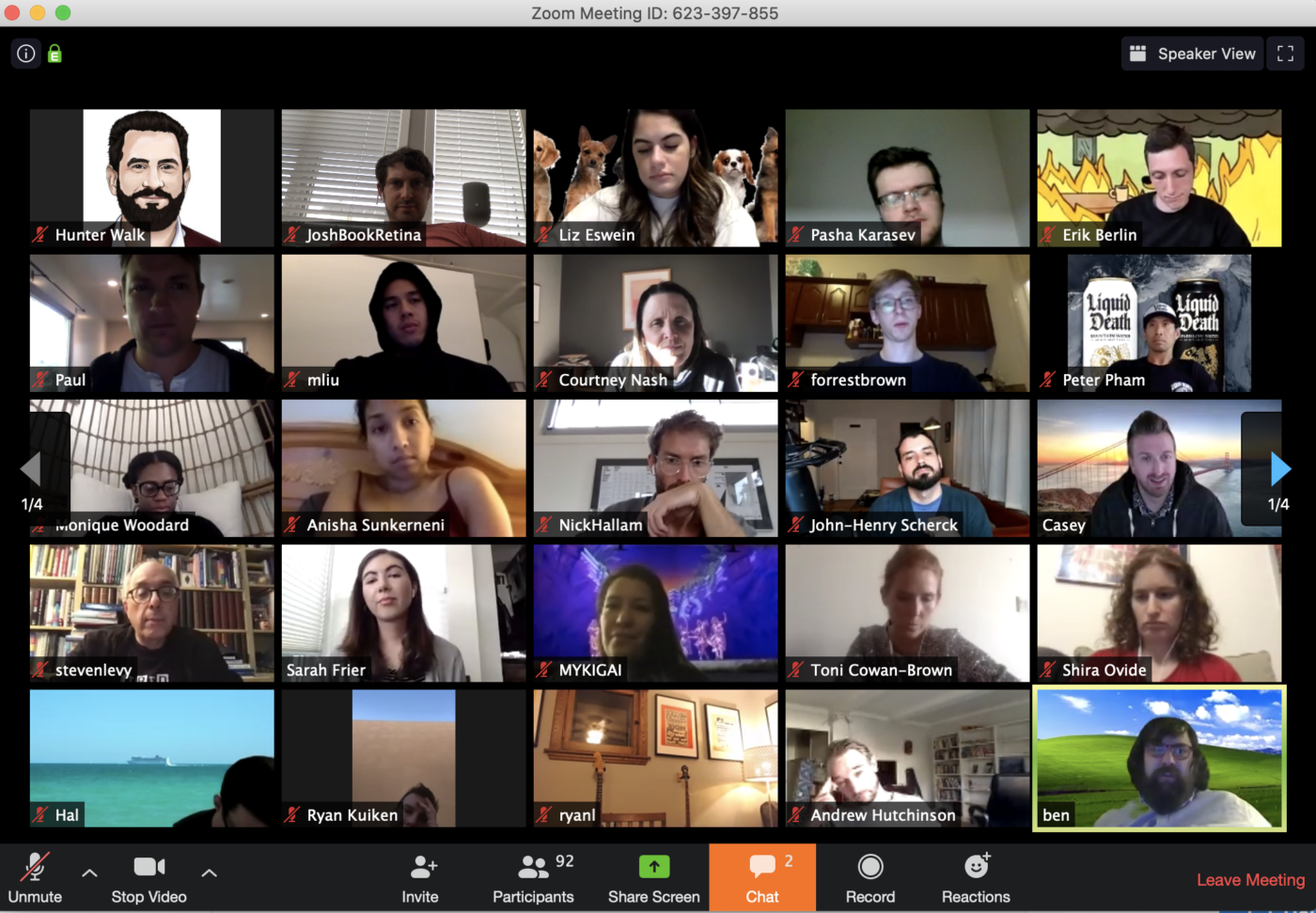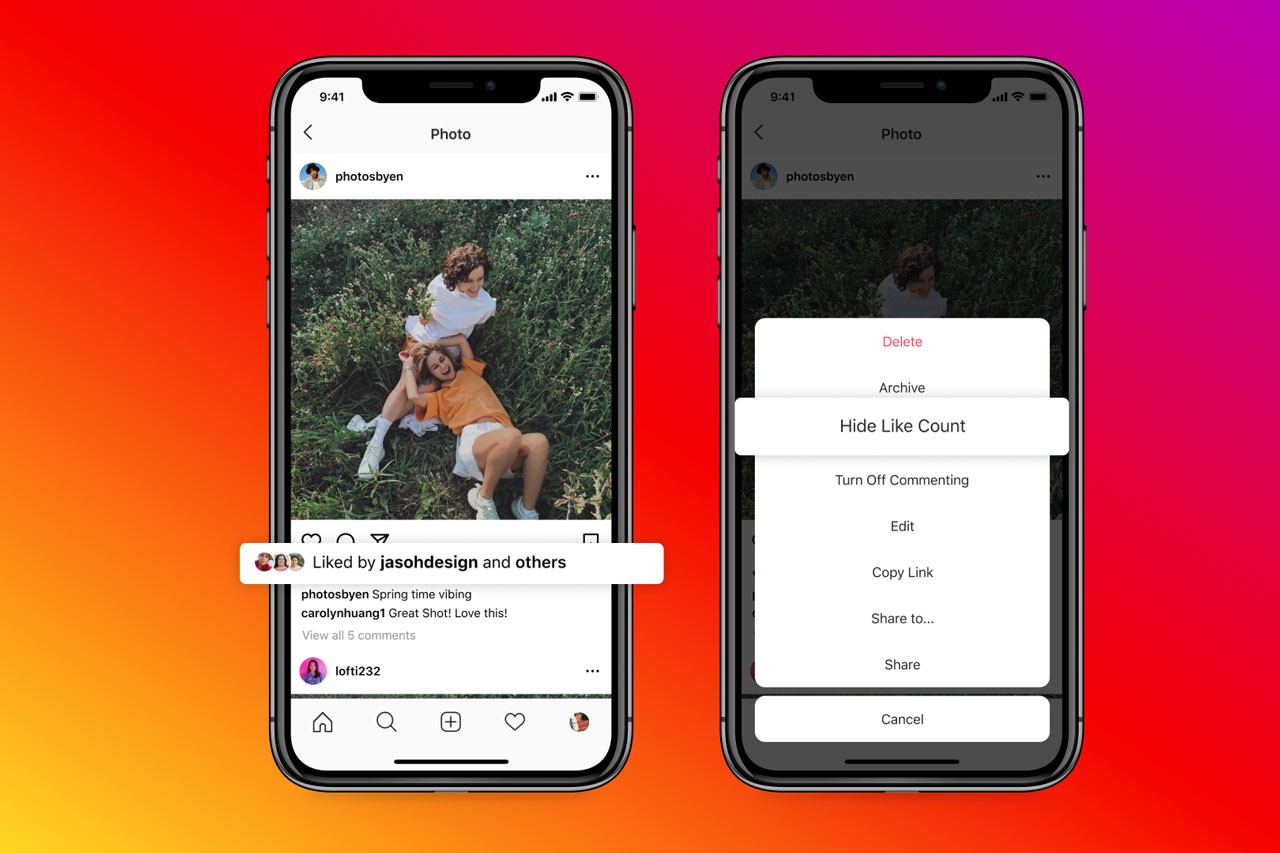Zoom calls potentially make you less effective at work, a new study reveals.
According to a new study released by Carnegie Mellon University this month, videoconferencing tools might be less effective at helping people coordinate group tasks, finding ordinary phone calls to be superior in getting the job done.
Looking at how non-verbal cues help to facilitate group problem solving, researchers from Carnegie Mellon’s Tepper School of Business and the Department of Communication at the University of California, Santa Barbara, gathered 198 individuals and divided them into physically-distanced pairs, with each pair asked to complete several tasks designed to test collective intelligence. Half of the groups were able to communicate by using video while the other half only had access to audio tools.
The study ultimately found that pairs who only used audio tools showed more collective intelligence, meaning they were more effective in solving tasks than those who were able to use video.
“We found that video conferencing can actually reduce collective intelligence,” said Anita Williams Woolley, Associate Professor of Organizational Behavior and Theory at Carnegie Mellon and co-author of the research paper. “This is because it leads to more unequal contribution to conversation and disrupts vocal synchrony. Our study underscores the importance of audio cues, which appear to be compromised by video access.”
Concluding the study, the paper suggests that organizations with remote members try disabling video “in order to promote better communication and social interaction during collaborative problem solving.”
The research at Carnegie Mellon University supports previous findings which have suggested that at this stage in the pandemic, many people are experiencing what has been dubbed “Zoom Fatigue.” In February, a Stanford researcher suggested that staring at your colleagues’ faces on camera may be triggering your body’s fight or flight reflex.




